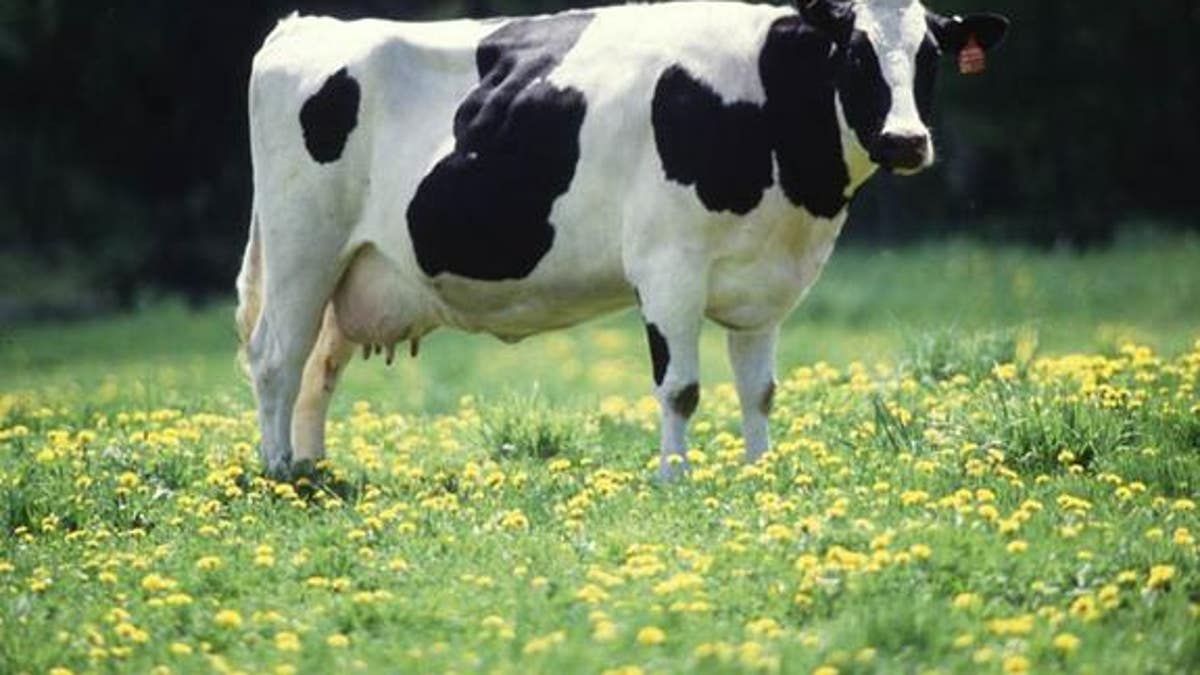
(Keith Weller)
For some shoppers, organic isn't enough. They want grass-fed milk.
The pricey milk isn't only organic. It comes from cows fed mostly grass, and never corn and soy.
Organic Valley whole milk from grass-fed cows is now the company's best-selling item at Whole Foods stores nationally, says George Siemon, chief executive of the La Farge, Wisc., organic dairy cooperative. Branded Grassmilk, it has cream on top and is lightly pasteurized with heat, on-trend attributes for shoppers looking for food in its nearly-natural state. A half-gallon sells for close to $6, more than a dollar more than the average price of organic milk and more than double the price of traditional milk.
Many shoppers buying Grassmilk "have almost an intuitive sense that grass is better" because it feels more natural, Mr. Siemon says. Some research shows that milk from cows that graze on pasture contains more healthy omega-3s than milk from cows fed mostly feed.
Regular organic milk is still Organic Valley's overall top seller nationally by far, Mr. Siemon says. Most large mainstream stores don't yet carry Grassmilk, he says.
But grass-fed milk's niche market is notable because it reflects the shifts in consumer tastes that are transforming the food industry. Shoppers are flocking to premium products with a perceived or real health benefit. As traditional milk continues its decades-long sales slide, sales of organic and plant-based milks made from soy or almonds are rising. Organic macaroni-and-cheese in a box and organic chips are wooing some shoppers away from the nonorganic versions they bought for decades.
